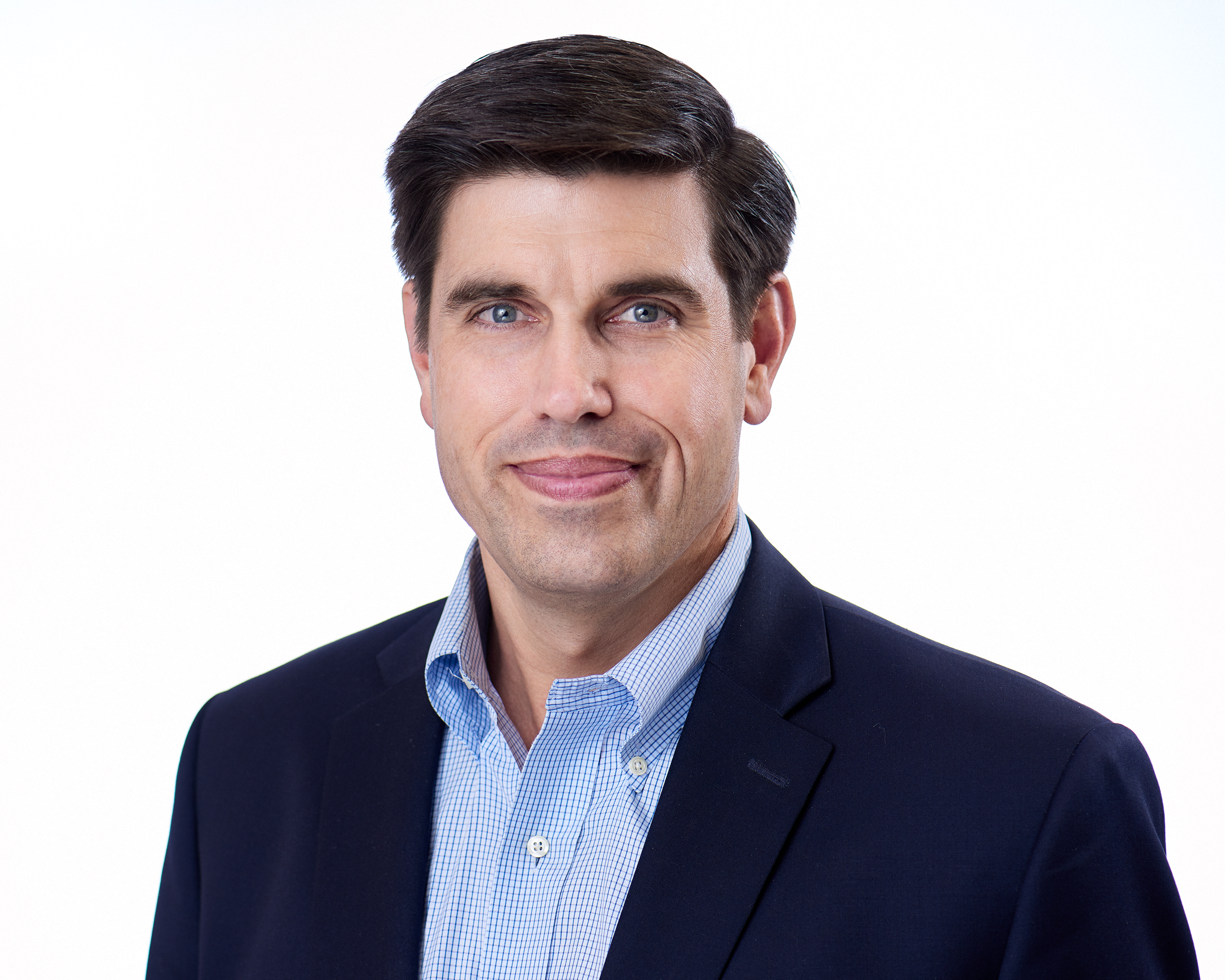Sessions With John Berger
Thursday, 14 March
-
10:30am - 11:15am (CST) / -
Urban Resilience in a Changing Climate
Panel Technology/Innovation Climate/Environment/SustainabilityRecent tragic events have focused great attention on building more resilient cities. Climate change will have implications for cities of the future, including protecting against sea level rise, weather-related risks, and fires. What does this mean for future energy infrastructure? What innovative building materials, new construction methods and technologies will lead the way in urban development? What can be learned from recent disasters for future best practices?
- Speakers:
- Susan Farrell
- John Berger
- Lara Cottingham
- Gil Quiniones
- Naheed Nenshi
-
11:30am - 12:30pm (CST) / -
Global Solar: Shifting the focus from cost to value
Panel Power Climate/Environment/SustainabilitySolar has witnessed a very rapid deployment globally, becoming the most installed source of new power generation, with over 40% of total capacity additions in 2017. Dramatic cost reductions have been driving this rapid deployment and, in some geographies, PV is already the cheapest source of generation on an LCOE basis. However, future development is challenged by the gradual phase out of direct subsidies across the world, the increased exposure of solar assets to market risks, and price cannibalization in more mature markets. As the penetration and market exposure of solar continues to rapidly increase, the questions around the value of intermittent generation, the role of flexibility and batteries, technology, and emerging business models become more pressing.
- Speakers:
- Francesco d’Avack
- John Berger
- Emily Heitman
- Nathanaël Esposito
- Francis O'Sullivan

